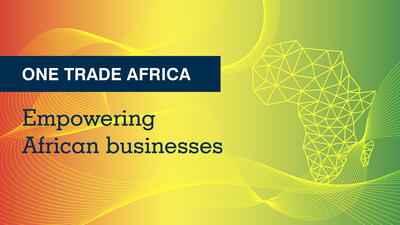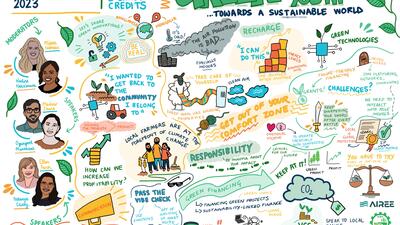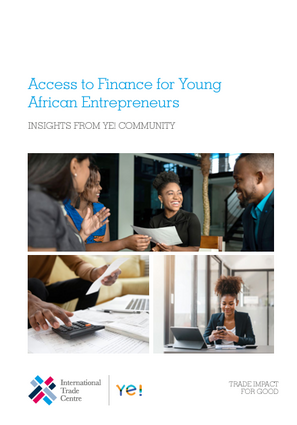



Youth and trade
ITC’s Youth and Trade Programme promotes youth entrepreneurship in developing countries. We work with young people to develop their business and employability skills, which in turn improves their access to quality jobs with decent work conditions and increases their income.
We do this by working with a wide range of partners, such as policymakers, technical and vocational training institutions (TVET), business support organizations, local employers and multinational players, and of course, youth entrepreneurs themselves.
Young people are central to the achievement of the 2030 Agenda for Sustainable Development to build a better and more sustainable future, both as beneficiaries and drivers.
Our Youth and Trade Programme contributes to the Sustainable Development Goal (SDG) on Quality Education, by ensuring that more young people are equipped with the skills needed in today’s market, and to the SDG on Decent Work and Inclusive Growth.

























